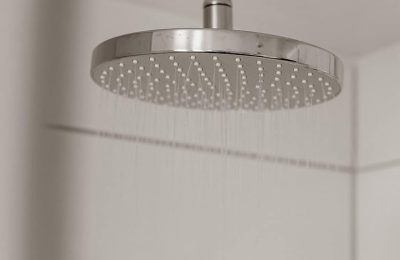If you own your own home, having broadband installed is just a matter of finding the best deal. But what if you rent your home? What if there isn’t a landline? What happens if you have to leave the property before the end of the contract? This guide covers those questions and more.
With more of us renting than ever before, managing broadband in rental properties is becoming more of an issue. Good research can make all the difference to your experience, which is what this guide is all about!
What if there isn’t a landline installed?
Most rental properties should have a landline already installed. Even if it’s not provisioned, there should be a physical line present. This is a good question to ask when initially viewing the property as you can then make an informed decision about moving in.
Virgin Media are the only provider at this time that doesn’t require a landline, but cable broadband still requires a physical installation. You may find that some properties, particularly new builds, already have Virgin Media equipment installed and do not offer an Openreach/BT landline.
If there isn’t a line present, you will need to talk to the landlord or letting agent and get permission to install one. Get that permission in writing and then begin shopping around for providers.
What happens if you have to leave the property before the end of the contract?
This is a prime concern for many renters. Most broadband contracts are 12 or 24 months long and rental agreements can be anywhere between 6 and 24 months long. How can you balance the two?
Some providers such as SSE, Relish and NOW Broadband offer rolling monthly broadband contracts. They cost a little more and involve a setup fee but are a good way around this problem. You can keep the contract for as long as you need and are covered if your rental agreement is brought to an early conclusion. Most rental agreements require you to be given at least 30 days’ notice, which is the same as the broadband.
What if rent includes broadband?
If the rental property includes broadband in the rent, the issues around installation are dealt with. Your main concerns here should be cost and security. Few landlords would include broadband for free so you need to make sure the package offered is good value. You’ll want to confirm if there’s any data usage restrictions too. If the cost is reasonable and it will provide a service that meets your needs, you just need to manage your computer security to keep yourself safe.
If you live in an HMO, security is vital. You have no idea whether the network is secure or even if it uses security unless you check. You don’t know if a housemate will try to access your computer either. A VPN would be essential in this situation. When installed on all your devices, it encrypts your connection to keep it secure. VPNs can be relatively cheap too. Setting access passwords on all your devices is also a good precaution.
Finally, make sure responsibilities for paying the bill and maintaining the router and/or modem are clear and written into your rental agreement.
What alternative broadband options are there for rented homes?
If ADSL or cable broadband isn’t available in a rental property, what are your options? The most accessible alternative is mobile broadband. It costs more but is very flexible and is becoming cheaper all the time. The main limitation with mobile broadband is data allowances.
The package will include a dongle and app which you use to access a 4G network and use the internet like you would on your phone. You log on, the app or dongle connects and you can use the internet as you see fit. Most mobile broadband contracts include data caps. Make sure that the package you choose has sufficient data for your needs.
Another option is BT FON. It uses residential and commercial BT Hub customers to provide a portion of their bandwidth to the public. You pay for access at a higher rate than a rolling monthly contract but it is a way to access the internet without your own connection. That is, if you have someone within range of your property who uses it.
Having broadband installed in rental properties
If a landline is present and all other things being equal, having broadband installed in a rental property is exactly the same as if you owned it. As long as you have permission for any work that needs to be carried out and the contract length works for you in conjunction with your rental agreement, the rest is about finding a good deal. If you’re already in a broadband contract, take it with you. If you’re not in a contract, shop around for the best deal that works for your situation. Set the installation date as close to your moving day as possible and the rest should be easy!
For more information on broadband in rented accommodation, please go to https://www.broadbandgenie.co.uk/features/broadband-rented-homes











